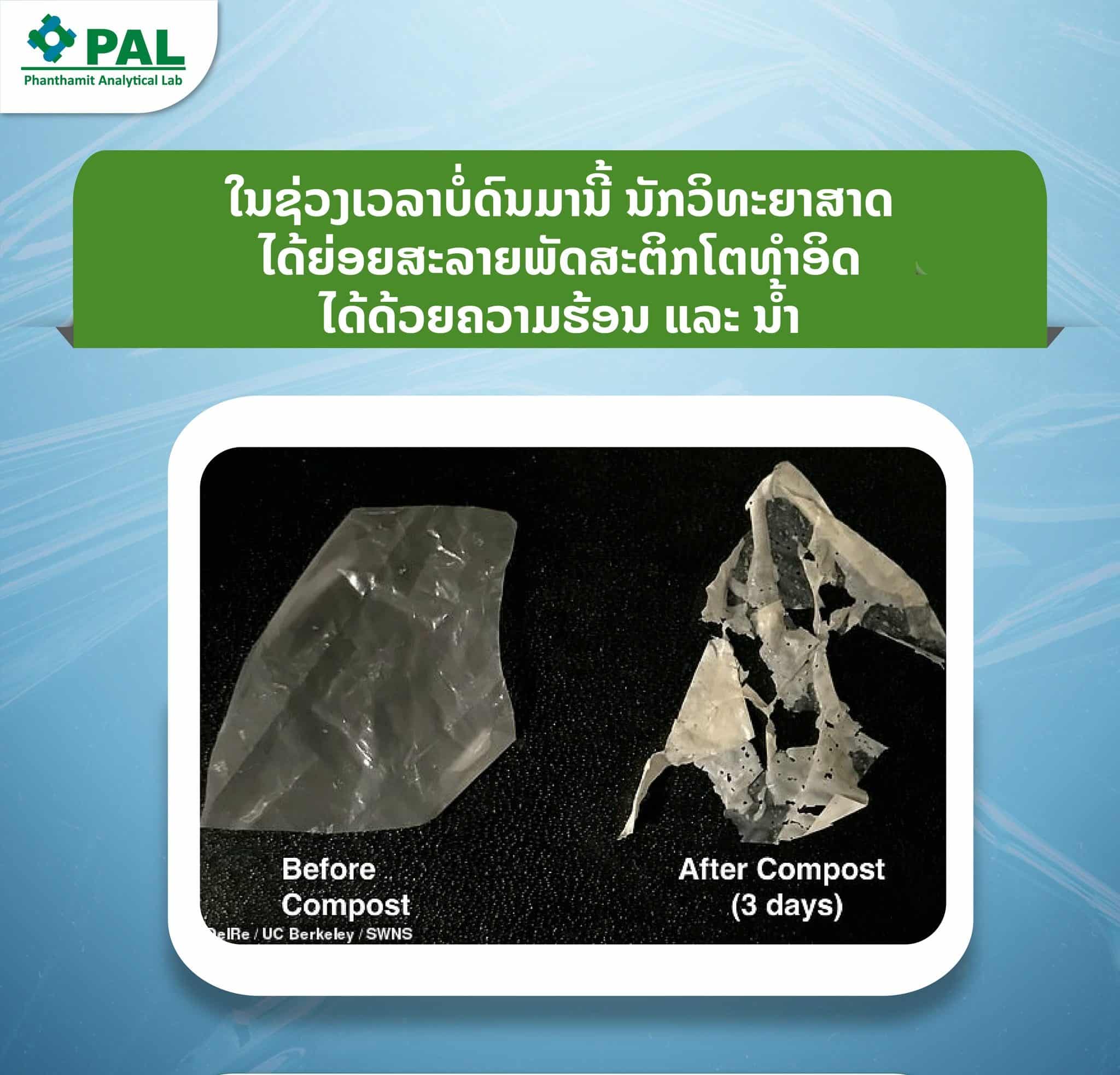The first truly biodegradable plastics that break down in just a few weeks when exposed to heat and water have been developed by scientists. Most so-called ‘compostable’ plastics today are made of a polyester called polylactic acid, or PLA.
Researchers from the US, however, have embedded polyester-eating enzymes, protected by a special polymer wrapping, into polyester plastics as they were made. When exposed to heat and water, the enzymes are released by their wrappers and work to break down the plastic into its constituent parts.
In the case of PLA, the plastic is reduced by the enzyme proteinase K to lactic acid — which can be used to feed the soil microbes found in compost.
The enzyme wrappers also degrade under ultraviolet light, the team explained. Furthermore, the enzyme-laced plastic does not produce microplastic pollutants when it breaks down — with 98 per cent degrading into small molecules.

